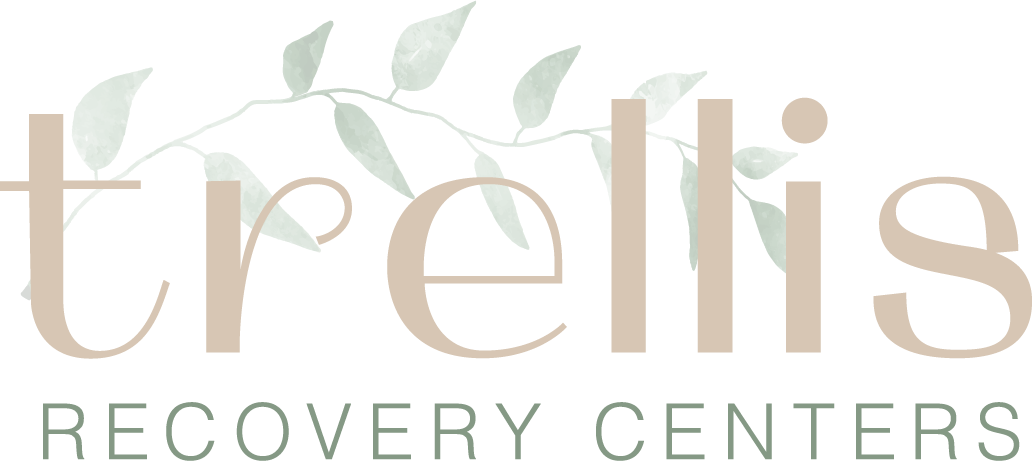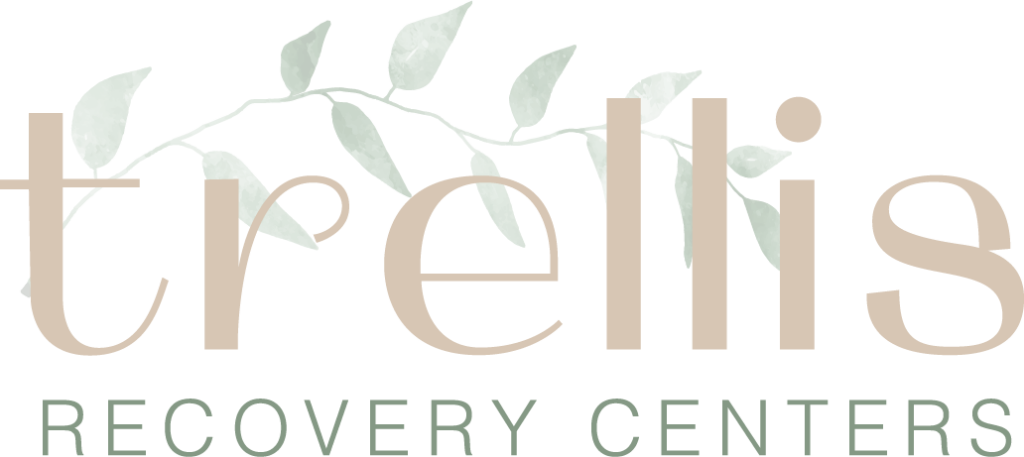Research on therapy outcomes routinely show that the best predictor of success is a strong connection between the therapist and client. This speaks to the incredible healing power of relationships, especially those that offer emotional attunement, space for vulnerability, and respect for an individual’s lived experience. Therapy for eating disorders allows a client to engage in a process of self-exploration and healing with the therapist as a companion and guide.
What is Individual Therapy?
Individual therapy uses process-oriented and skill-building conversations between one therapist and one client to address the client’s behavioral symptoms and underlying emotional distress. Clients may come to therapy for any number of reasons, ranging from needing support during life transitions to healing acute grief or complex trauma. The therapeutic relationship differs from relationships that the client may have with friends or family members because the therapist uses specific interventions to address the client’s needs while maintaining professional boundaries and ethical and legal standards.
A therapist can be trained and educated in a variety of different ways and hold a variety of different license types. Some different types of therapists that can offer individual therapy are Licensed Marriage and Family Therapists (LMFT), Licensed Clinical Social Workers (LCSW), Licensed Professional Clinical Counselors (LPCC), Clinical Psychologists (PhD or PsyD), and Psychiatrists (MD). Individual therapy with any of the above-listed practitioners will begin with the therapist taking a history of the client’s developmental and emotional functioning to gain an understanding of why the client is coming to therapy. The therapist will then develop a treatment plan with the client’s input specifying short-term and long-term goals for healing.
Therapists will use a variety of interventions to target the presenting problem, taking into account the level of motivation, level of insight, and developmental stage of each client. Through the process of therapy, clients will become more aware of their emotional experiences and their relationship patterns and will develop strategies and skills for coping with both expected and unexpected life stressors. If a client is seeking therapy for eating disorders, addiction, or traumatic events, they may choose to seek out a therapist who specializes in that specific area.

How Does Individual Therapy Treat Eating Disorders?
A majority of the modalities and interventions used by therapists in traditional therapy offer significant benefits for clients healing from eating disorders. Many individuals with eating disorders struggle to regulate their emotions and tolerate emotional distress, and they may have difficulty verbally communicating their needs due to trauma and the emotional disconnection resulting from time spent in starvation, physical discomfort, or exhaustion. Clients with eating disorders are often reliant on their bodies to communicate feelings and relational needs, making conversations around boundary setting, effective communication, and other interpersonal skills important topics in therapy.
Therapy also helps clients practice the communication skills needed to maintain healthy relationships. This is especially important in eating disorder treatment as those with eating disorders struggle to advocate for their needs and communicate effectively. Individual therapy is also a contained and confidential place for clients to share their deepest worries and explore their core values, something that many individuals do not have access to in their every-day lives.
The therapeutic relationship acts as a holding space for powerful emotions, and the therapist can offer a corrective experience through validating a client’s emotional expression. As the initial stages of healing from an eating disorder are extremely difficult and emotionally complex, a client’s relationship with their individual therapist in treatment can be a safe harbor.
Request a Confidential Callback
Evidence-Based Therapy for Eating Disorders
In addition to the benefits of the therapeutic relationship, there are also a number of evidence-based approaches of therapy that are shown to be effective for treating eating disorders. These approaches include Cognitive Behavioral Therapy, Dialectical Behavioral Therapy, and Exposure and Response Prevention. Each of these therapies focuses on different aspects of eating disorder symptoms and are utilized in both individual and group therapy settings. When used together, these therapies address the thoughts and feelings that maintain eating disorder behaviors, offer tools to improve interpersonal communication and mindfulness skills, and build self-efficacy around facing food fears and handling emotional discomfort.
As each individual with an eating disorder is unique, the interventions used can be tailored to the needs of each client. The tools and insight gained in therapy are designed to be practiced and implemented by the client outside of sessions. This allows for increased independence from the therapist and progress toward long-term recovery.

Benefits of Individual Therapy for Eating Disorders at Trellis Recovery Centers
At Trellis Recovery Centers, we utilize the evidence-based practices of CBT, DBT, and ERP in addition to somatic interventions, process-based conversations, and experiential and movement therapies.
Clients at Trellis Recovery Centers will meet with their individual therapist 2-3 times per week, with the opportunity for additional reflective assignments given by the therapist to be completed during the program day. All of our master’s-level clinicians are educated and trained in numerous therapeutic modalities and are able to individualize interventions to create treatment plans that effectively address each client’s presenting symptoms. We also tailor treatment to the chronological age and cognitive and emotional development of each client in order to create realistic and achievable goals for their stay at the residential level of care.
Begin Therapy for Eating Disorders in Los Angeles, California
If you are a man or a woman who is struggling with an eating disorder and other mental health symptoms, contact our admissions department today.
At Trellis Recovery Centers, our individual therapy for eating disorders is truly individualized. Full recovery is possible, and our experienced team of therapists will be there each step of the way as you begin your journey to healing.
References
Lambert, M. J., & Barley, D. E. (2002). Research on the therapeutic relationship and psychotherapy outcome. In J. C. Norcross & M. R. Goldfried (Eds.), Psychotherapy relationships that work: Therapist contributions and responsiveness to patients (pp. 17–32). New York: Oxford University Press.

